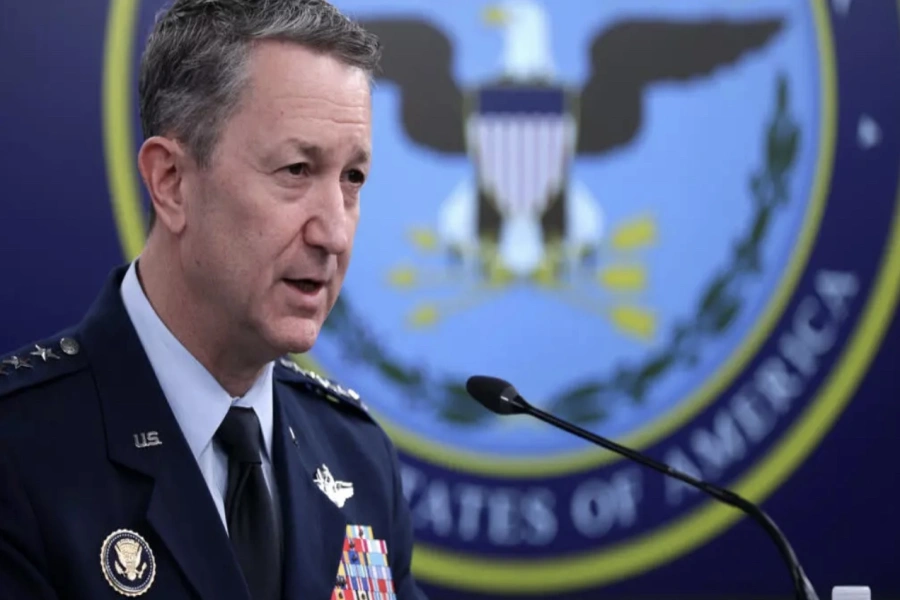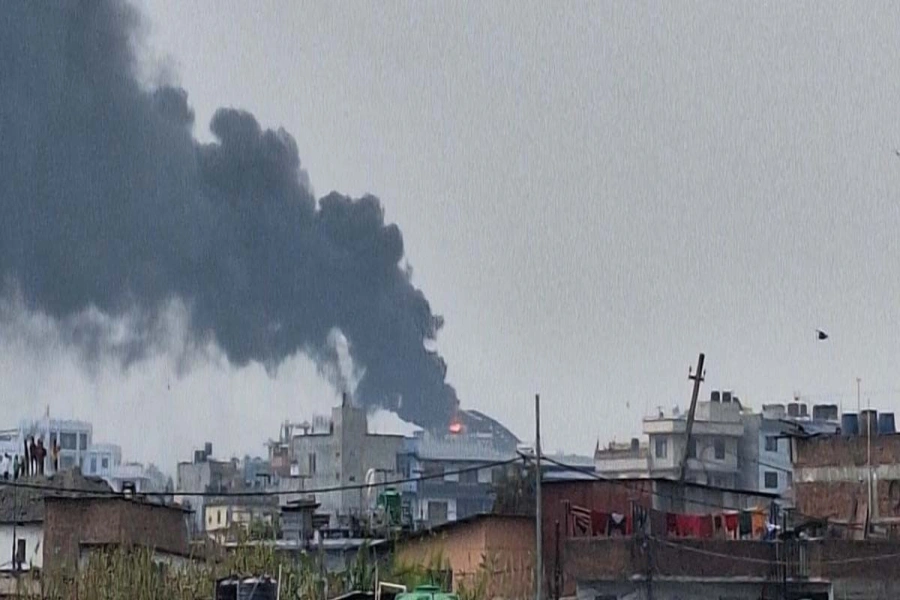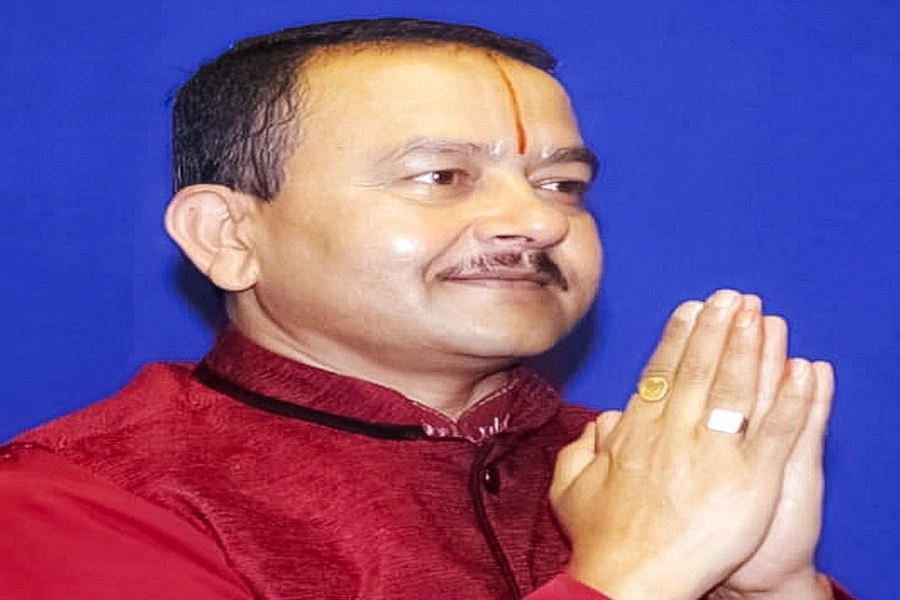Prime Minister’s arrogance and one-upmanship has resulted in his government not getting credit even for some of the good things accomplished under his leadership
It increasingly looks like Nepal is heading toward new crisis. And if that happens, this government and Prime Minister KP Sharma Oli will be held responsible though he alone won’t be cause of all the troubles that will result in. When I wrote a warning note to this government in this space in August last year, challenges were few and manageable (See “Warning on the wall,” Republica, August 2, 2018). Nine months later, challenges—largely the making of his and his ministers’ doing—for Oli have multiplied. He is being portrayed as the root cause of all troubles, which he is not, but this explanation is sounding more appealing and convincing.
Paradise lost
Two-thirds majority, the qualifier with which we described his government, has long become a misnomer. Oli now retains support of only 174 lawmakers in 275-member House of Representatives. Rastriya Janata Party Nepal, which commands 17 seats, has pulled out support and is threatening to resume street protests for constitution amendment. Sanghiya Samajbadi Forum now with Baburam Bhattarai (together with 17 seats) is threatening to do the same. With Nepali Congress (63 seats) in opposition, more than 100 lawmakers are against the government.
In the initial days, Oli found support from every quarter. Within his party, not a single leader spoke against him. Others who did advised him on good faith. Even main opposition Nepali Congress was supporting some of the government’s moves. Media largely sided with him. He featured as the ‘man of the year’ in weekly magazines and newspapers gave him the benefit of doubt. He was ruling in a paradise of a kind.
The situation is exact opposite now. His ministers fumble for words to defend the government. His party colleagues either speak ill of him and his government or not in a position to speak up for the fear of reprisal. And most alarmingly, Nepali media is becoming hostile against Oli.
NHRC urges govt to pay heed to children's health

He badmouthed Nepali intellectuals, which he should not have. Today not a single intellectual comes to defend even the best program of the government. With Media Council Bill and constant anti-media posturing of his communication minister and his own anti-media rhetoric, Nepal’s media fraternity seems more focused on finding and exposing Oli’s faults. Troubling for Oli is the fact that even few media outlets who stood by him during the crisis times have given up on him. More troublingly, neither he nor his ministers seem to care much about it. When government and the media confront with each other, it is the government which gets the bad press.
The fallout
The story that earlier governments were friendlier to media is a wrong story. Media and politicians have had love-hate relationship here (perhaps everywhere). Nepali politicians have sided with media and advocated press freedom often when they are in the opposition. While in power they see press as the enemy. One grievance of Sher Bahadur Deuba used to be that Nepali press portrayed him in a bad light. He was as intolerant to criticism, going to the extent of chiding a questioner to shut up. Problem with Oli’s government is it is giving the impression of being anti-media through bills and laws, imposing restrictions that are sure to be defied, only contributing to making of his authoritarianism image. The fallout of this has been costly.
His arrogance and one-upmanship has provided fodder for his detractors to weave stories of authoritarianism. And this story is selling well. The Prime Minister may not realize it, but the narrative of authoritarianism (PM himself has provided convincing plot for this) must have shaped the perception of international community about Oli regime. Foreigners based in Nepal judge leaders through their behaviours, speeches and what people say about those leaders and report back to their respective governments.
I am reading Letters from Kathmandu, a collection of letters and exchanges between British residents based in Kathmandu and the Governor General of East India Company, by Ludwig Stiller. The contents of pre-1846 period might be archaic for now, but it is instructive to know how foreign missions keenly watch every activity of Nepali rulers, how they report back to their governments and how their governments form views about Nepal based on those reports.
One can imagine what kind of opinion foreign missions in Nepal may be making about Nepali politics and the Prime Minister at the moment.
Collateral damage
All this has resulted in Oli government not getting credit even for some good things accomplished under his leadership. He brought CK Raut to mainstream politics. Raut today is one of the defenders of Nepal and Nepal’s democracy. This welcome development was lost in the noise of his acerbic speeches.
Nepal’s opening up in trade and transit—whenever that happens—will be the result of the trade and transit agreements and the protocols this government finalized with China and it will go down as a watershed moment in Nepal’s history (in the future, if not today). Sometimes in the future, third country trade through Chinese ports will become a reality. Sometimes in the future, Nepal’s further connectivity with China—through roads or railways—will become a reality. And this will be largely because of Oli and his team. This story of success is also being lost to government’s failure on good governance.
The government is not able to communicate its success stories, however few, to the public. Situation is such that even if prime minister and his spokesperson tell the truth, people tend to laugh at them.
Troubles to come
Where will this end? Some form of crisis cannot be ruled out. As confrontation between the media and the government hardens, Oli will speak against media and media will further speak against Oli. It is then that the government will become authoritarian. Public sympathy could turn to Nepali Congress’ shadow government.
Nepali Congress, RJPN and SSF are reportedly coming together to build the opposition alliance. When anti-government protests erupt at a time the government has not been able to effect minimal visible change on the ground such protests will find wider public support. Let one protestor be killed in provocation, and there will be conflagration of hate against the government.
It is in such situation that foreign powers find space to intervene from position of deniability. In India those who ill-advised the establishment to blockade Nepal in 2015 and whom the establishment listened to, might again ill-advise the establishment on Nepal. If any foreign meddling happens now, it won’t be like that of 2015. From the outside, it will look like the results of follies of our own leaders but actors from behind the curtain could be fuelling it too. Nepal has attracted notice of all three major world powers—US, China and India—and mainly because of two reasons: One because of Nepal’s slow but steady progress with China’s Belt and Road Initiative (BRI) projects and, two, America’s growing engagement with Nepal with Indo-Pacific Strategy to minimize, if not counter, Beijing’s rising influence. With India already the major actor of Indo-Pacific strategy and with its policy of distancing from BRI, Nepal might be pushed to face ‘do as we dictate’ situation.
Then there is Pushpa Kamal Dahal, ‘prime minister in waiting,’ with the track record of being an unreliable character. In February 2020, this government will have completed two years and vote of no confidence can be registered against the prime minister. In case, Oli cannot prove vote of confidence, he will be left with two options—resign or dissolve the parliament and announce fresh polls. Where this will end is obvious. For a moment there will be a celebration for the end of Oli Raj. But politics will return to status quo ante. Which means Nepal and Nepalis will suffer. Then there will be new story to tell: Nepal is in problem because of Oli.
(Postscript: The worst case envisaged in the last section can be averted by the prime minister if he handles the situation well. Things might look hunky-dory from Baluwawar and Singha Durbar but the grounds are shifting. It’s already getting late for the PM to reflect on where he faulted and how to correct those faults)






-1200x560-1772467693.webp)





























